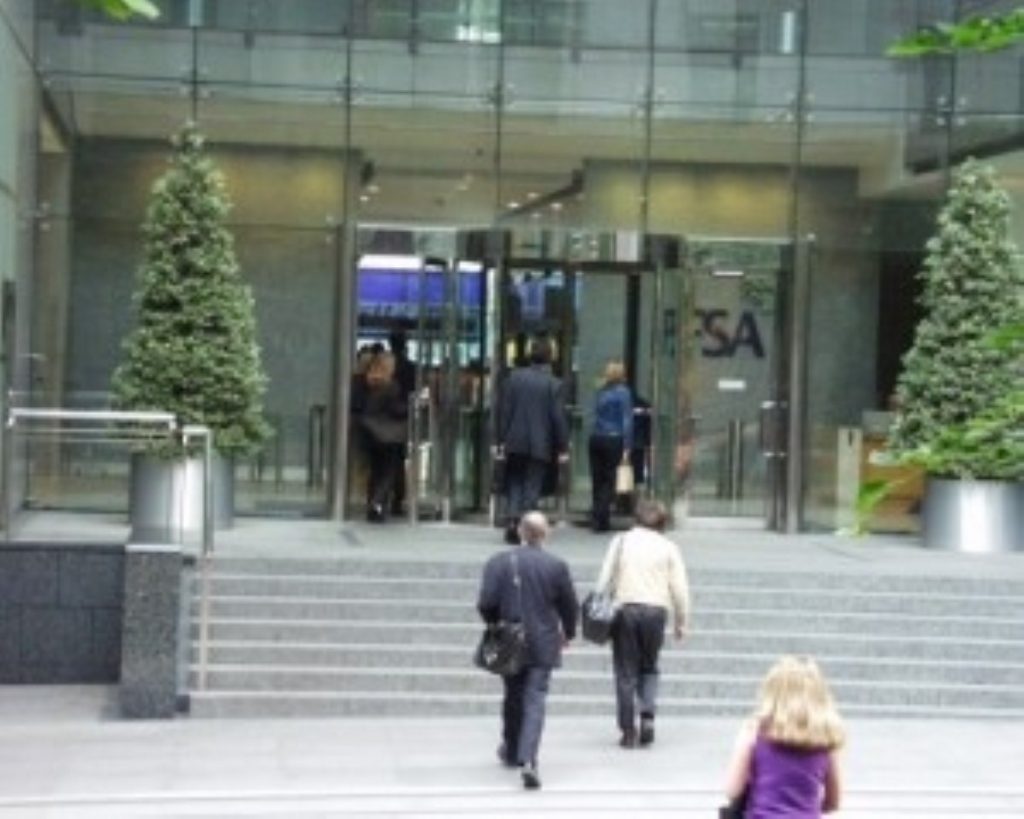New law to clamp down on low-paying bosses
From today, workers who have not received legally adequate salaries will get the chance to claim back-pay from their former employers.
New legislation has been introduced to tackle the minority of companies that are still failing to pay the minimum wage.
The law has always allowed employees to make a complaint against their current hourly pay rate, but a loophole in the 1998 legislation – which became clear last year – meant that those rights were not extended to employees who had already left their jobs.
Employment Relations Minister Gerry Sutcliffe said: “The national minimum wage is one of the Government’s finest achievements, but we are not complacent when it comes to enforcing the rules and, where necessary, we will tighten them up.”


Despite general concerns from business organisations about the financial strain that the minimum wage puts on employers, the new legislation has been welcomed.
David Frost, director general of the British Chambers of Commerce, commented: “We support the Government in this move. Companies across the country have had to introduce this minimum wage – companies that every day are having to deal with worldwide competition – and it’s unfair that some cowboy companies think they can get away without paying.”
The adult rate of the minimum wage will be increased from £4.20 to £4.50 this October for those over the age of 22, while the lower rate will rise from £3.60 to £3.80.
The Government estimates that between 1.3 million and 1.6 million low-paid workers will stand to benefit from these increases.
However, critics have recently suggested that one of the most vulnerable groups of people in the UK workforce – the under-18s – have been left open to exploitation by employers because they are not covered by the minimum wage legislation.
Government policy on the issue is to encourage young people to stay in full-time education until they are at least 18. However, 13% of young people still leave formal education or training after their GCSEs, and are some of the lowest-paid workers in the country.












